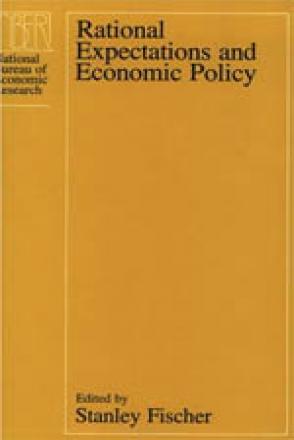Rational Expectations and Economic Policy

The new economic theory of "rational expectations," as applied to policy making, calls into question the ability of systematic monetary policy to affect the real behavior of the economy. To the extent that monetary policy is systematic, it becomes anticipated and, the theory argues, affects only the price level; unanticipated policy actions, however, have real effects.
This theory poses many debatable, intriguing, and intricate questions; even now hypotheses are being tested and empirical data amassed by well-established and technically skilled macroeconomists. Rational Expectations and Economic Policy is the first book on the subject and will arouse keen interest. The chapters fall roughly into two categories: those concerned with empirical or theoretical developments relevant to testing the theory and its implications for monetary policy and those more discursive chapters dealing with the ability or track record of government as controllers of monetary aggregates. The concluding discussion identifies three unresolved issues: the clearing or non-clearing of markets, the intertemporal substitution of leisure in the propagation of the trade cycle, and the evaluation of past policy.


